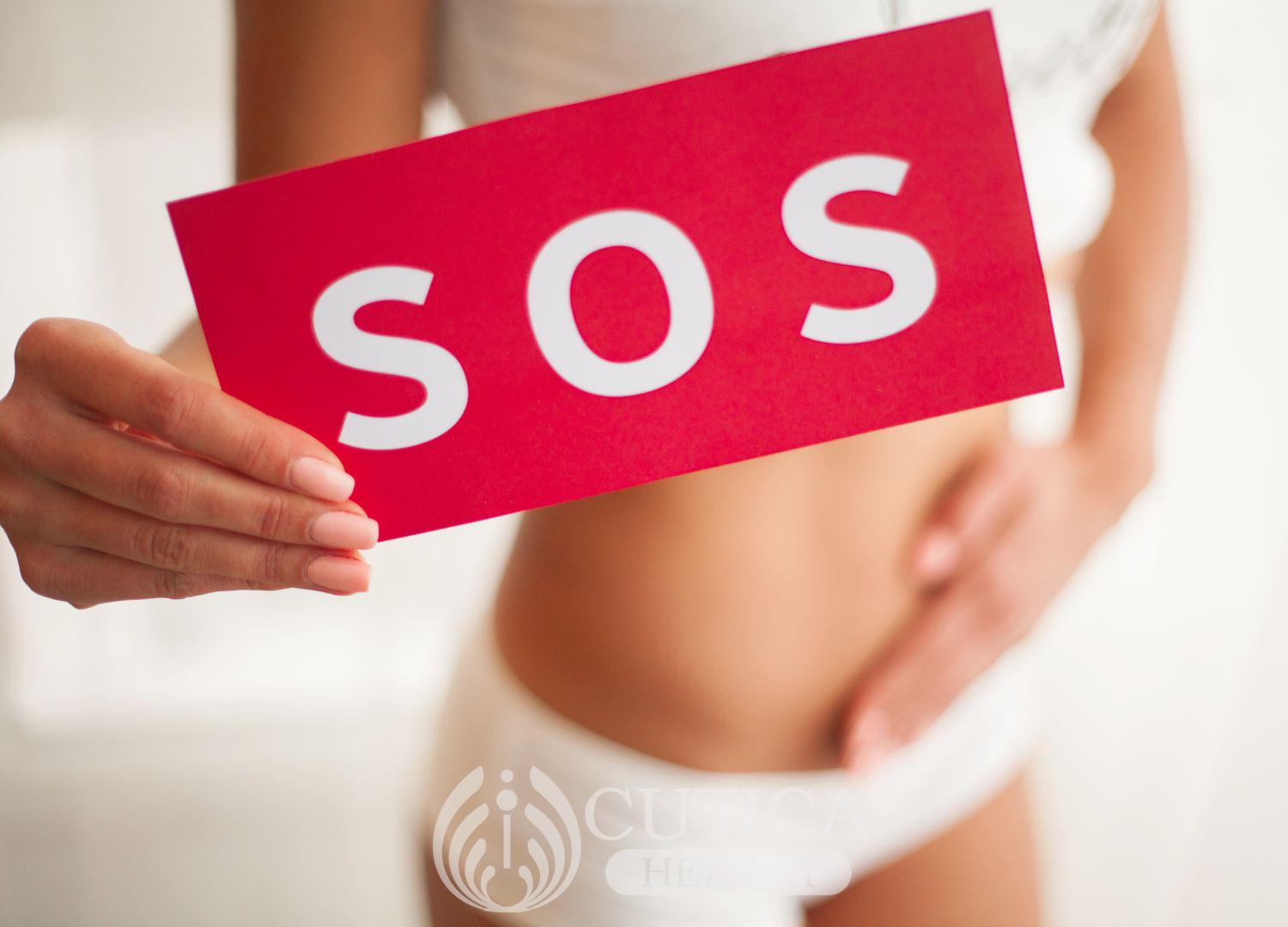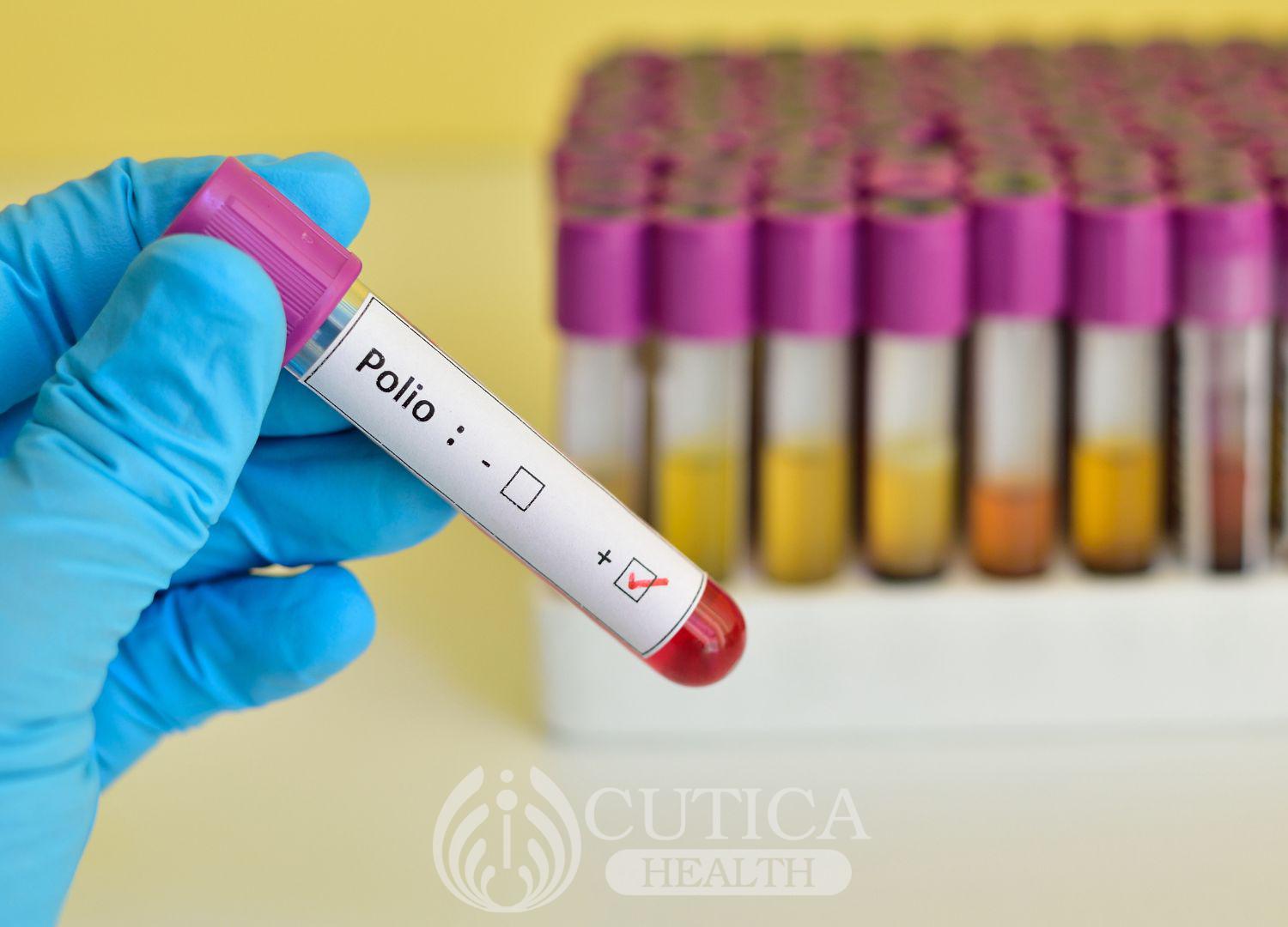
Jane had been fighting these severely painful sores in her genitals since Tuesday. She had been using pain killers and applying ice to the area, but the symptoms are just not going away. She asked Kola if he had similar symptoms as hers began a week after their last sexual intercourse. Kola denied this, but this all looks like sexually transmitted stuff, Jane thought. “You have herpes”, said Dr. James after she finally decided to get tested. She felt her world crashing down as she had mostly heard bad things about herpes.
Genital herpes is a sexually transmitted infection caused by the herpes simplex virus type (HSV). It is typically caused by HSV type 2 and less commonly by HSV type 1.

Symptoms of Genital Herpes
Not everyone that contracts genital herpes experiences symptoms. Symptoms generally start 2 to 20 days after exposure to the virus. A person can be quite sick the first time an outbreak occurs with fever, painful blisters and sores on the genitals, buttocks, or anus, and swollen lymph nodes. Subsequent outbreaks are less severe, and the frequency varies from one person to another. Painful genital blisters and sores are the most common symptoms during recurrent episodes. Other symptoms include:
- Painful urination
- Vaginal discharge
- Itching
- General feeling of being unwell

Symptoms of genital herpes typically last 8-10 days before they resolve.
Transmission of Genital Herpes
Genital herpes is a sexually transmitted infection and this can occur in the following ways:
- Having unprotected vaginal or anal sexual intercourse.
- Having other forms of genital or oral contact with someone infected with HSV
- Sharing sex toys
HSV is most contagious when there are open sores, but transmission can occur even when there is no visible sore. A woman with genital herpes may also transmit it to her baby during delivery.

Treatment of Genital Herpes
There is no cure for genital herpes. When the virus infects a person, the virus pretty much stays there for life, causing recurrent outbreaks. However, there are things you could do to improve your symptoms and lower the frequency of outbreaks.
- Pain Killers: The blisters caused by the virus could be extremely painful, and using painkillers such as Advil and Tylenol could improve the discomfort and soreness.
- Sitz Bath: Bathing or sitting on lightly salted warm water could also help improve the soreness that comes with genital herpes.
- Wear loose clothing: Tight clothing not only irritate the sores and blisters as you walk, but they also increase the spread of the sores and fluid from the blisters spreads to other parts of the genital area.
- Avoid Sexual Activity During Outbreaks: It is best to refrain from sexual activity once you detect that you have an outbreak of herpes until your symptoms have all gone.

Antiviral Medicines: Your doctor may prescribe an antiviral medication to lessen severity of your symptoms and shorten duration of the outbreak. An antiviral drug can also be prescribed to reduce the frequency of recurrence in people who have herpes outbreaks several times a year.












